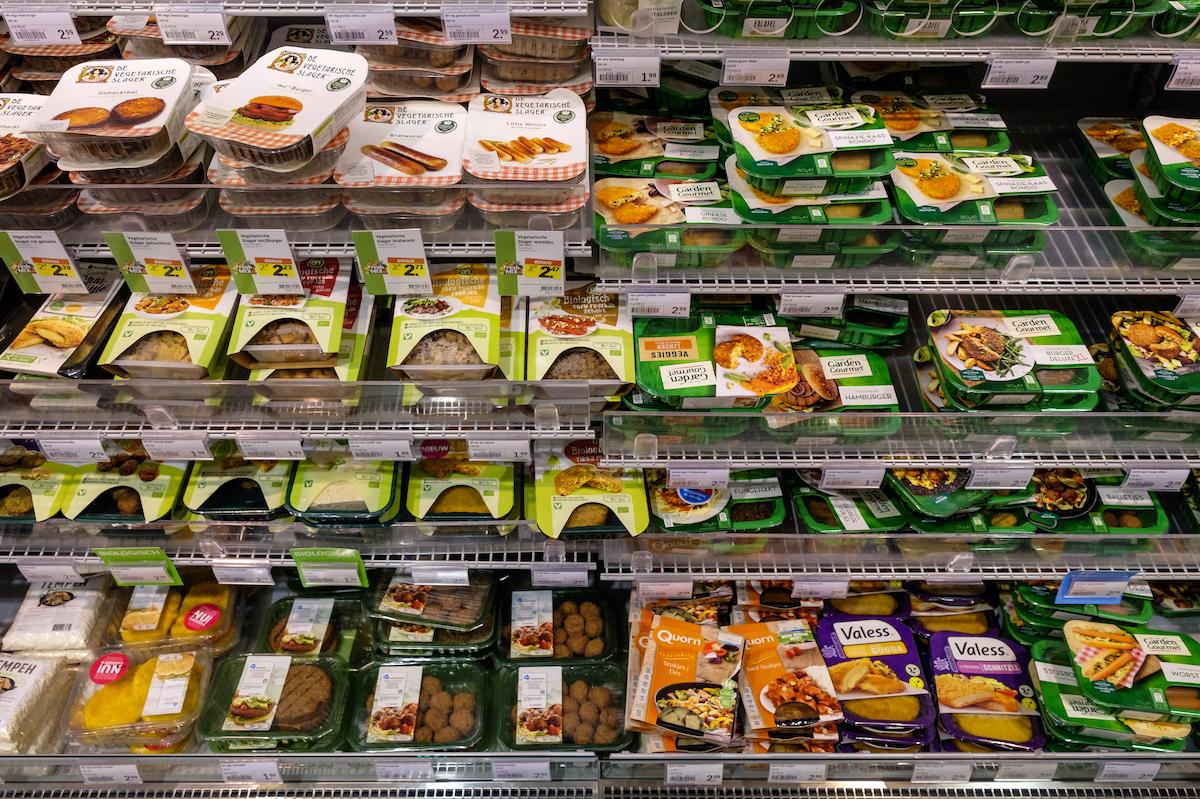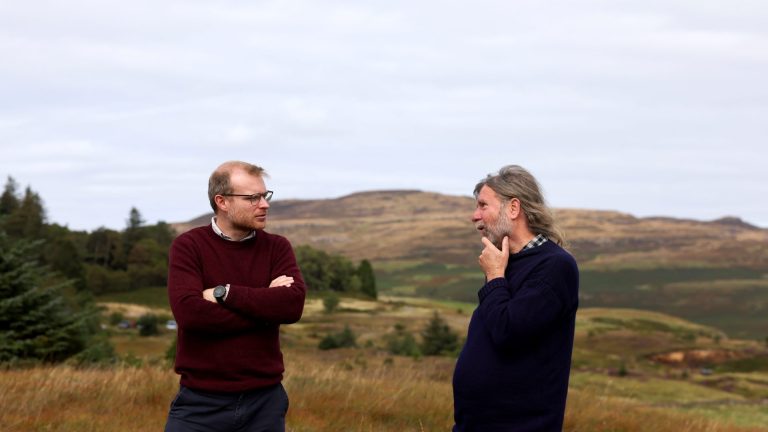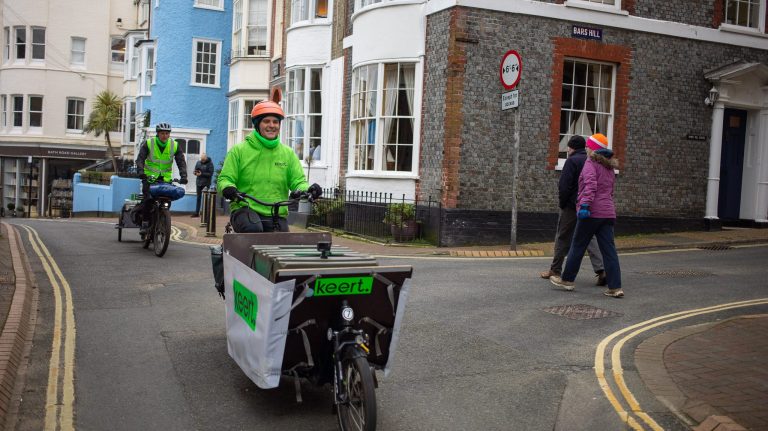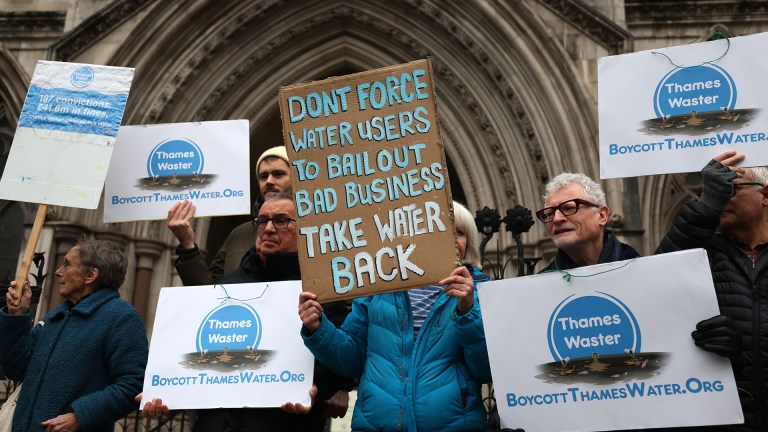Ditching meat doesn’t mean that come BBQ season you’ll be choking down a crumbly mash of beans for your burger — technology is catching up with vegetarians, offering plant-based burgers that “bleed” and promising lab-grown meat without killing animals.
Such products are already on menus. Across restaurants in the US, the Impossible Burger uses a mix of wheat and soy hemoglobins to offer a texture similar to beef, including “blood” oozing out of the centre, and rival Beyond Meat has said it hopes to have its pea-protein burgers on store shelves in the UK this year. Waitrose has tapped meat-free products from Holland’s The Vegetarian Butcher to use in its own-brand ready meals, while British startup Moving Mountains’ beetroot-bleeding burger is on the lunch menu at vegetarian restaurant Mildreds in Dalston, London.
Will meat-like veggie burgers confuse shoppers?
“On first glance, the burger patty looks exactly like a raw meat burger, except the juicy ‘bleed’ comes from beetroot juice and succulent texture from coconut oil,” explains founder and CEO Simeon van der Molen. “Vitamin B12, traditionally associated with red meats, has also been added so that the Moving Mountains burger can genuinely compete with a beef burger and provide essential nutrients.”
Will meat-like veggie burgers confuse shoppers? American beef suppliers believe it may, with the US Cattlemen’s Association asking the government to keep “meat” and “beef” as protected terms for animal flesh “harvested in the traditional manner”. Jaap Korteweg, director at The Vegetarian Butcher, says that although top chefs and culinary journalists report his fake meat is “indistinguishable from the real thing,” the name and the packaging make it clear the food is vegetarian, so you shouldn’t accidentally pick up a fake-chicken korma — though even if you did you may not notice.
But the farmers aren’t pacified. This month, clean eating nonprofit The Good Food Institute (GFI) and six plant-based and clean meat companies fired back at the petition from the US Cattlemen’s Association to the United States Department of Agriculture calling for outright censorship of plant-based and clean meat company labels. The Cattlemen’s Associated argues that meat alternatives – both plant-based and grown from cells in a lab “directly compete, or will soon directly compete, against actual beef products that are born, raised and harvested in the traditional manner”.
The GFI, however, believes the proposal would violate the First Amendment, which protects the speech of plant-based and clean meat companies; as long as consumers are not misled, they have a free speech right to call their products what they are.










